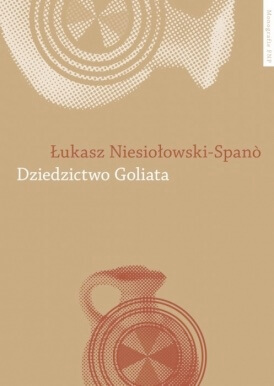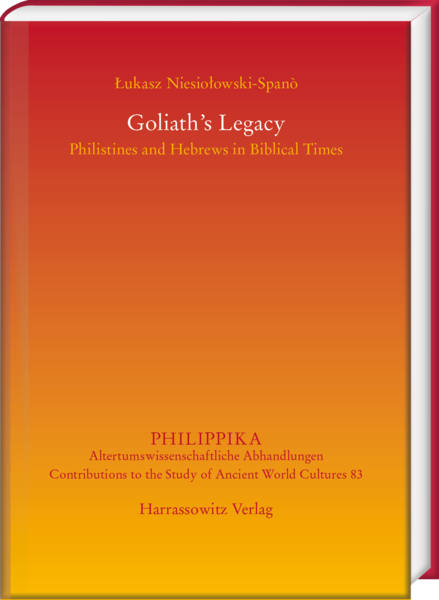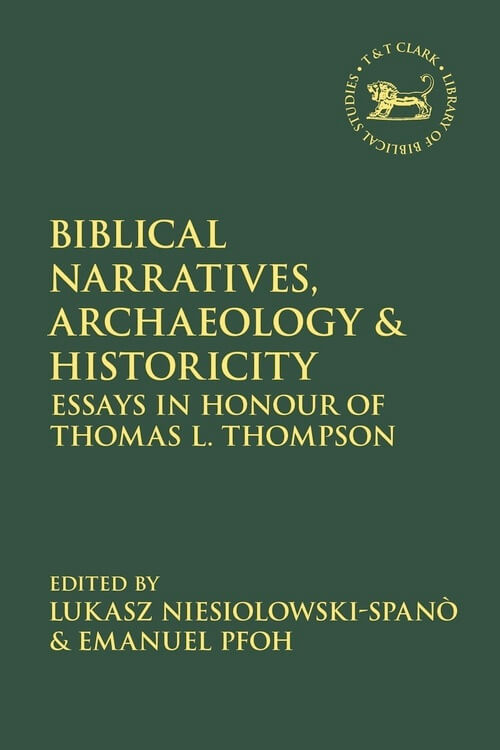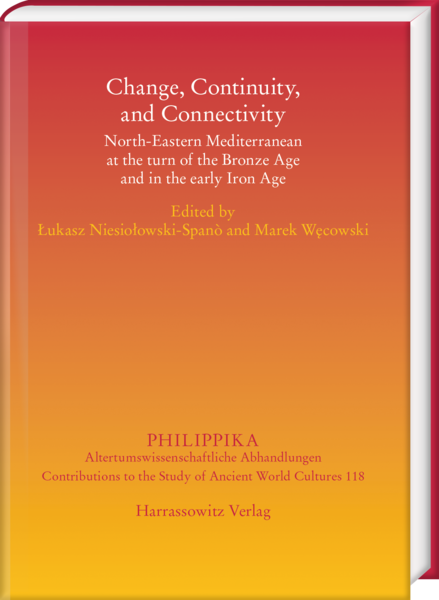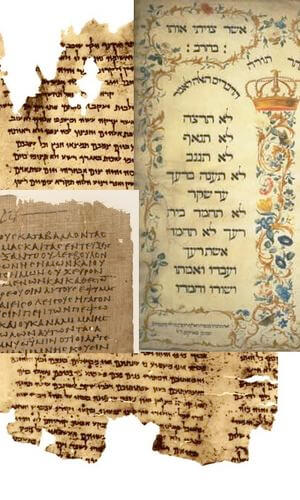dr hab., prof. ucz. Łukasz Niesiołowski–Spano’
Biogram
Magisterium w IH UW (1997) – pod kierunkiem prof. Ewy Wipszyckiej-Bravo; doktorat (2002) pt.: Mityczne początki miejsc świętych w Starym Testamencie (promotor: prof. W. Lengauer); habilitacja tamże (2013) na podstawie książki: Dziedzictwo Goliata. Filistyni i Hebrajczycy w czasach biblijnych, (Monografie FNP; Wydawnictwo Naukowe UMK: Toruń 2012).
Stypendysta m.in. Katholieke Universiteit Leuven (1999; 2001, 2002, 2004); Rządu Włoskiego (pobyt w Rzymie) (2001); Andrew Mellon Foundation (2005) (pobyt w Consejo Superior de Investigationes Científicas – Madrid, Spain).
The Visiting Professor na University of Notre Dame (2005/2006; 2009) i Johannes Gutenberg-Universität Mainz (2016).
Granty: KBN (1999; 2000-2001; 2008-2010); Fundacji na Rzecz Nauki Polskiej (2003; 2013-2014); The Rothschild Foundation (Hanadiv) Europe (2014-2019); Narodowy Program Rozwoju Humannstyki (2013-2017); Narodowe Centrum Nauki – Opus (2017-2021), Beethoven (2022-2025).
Członkostwo w: Society of Biblical Literature; European Association of Biblical Studies; The Catholic Biblical Association of America; The European Association for Jewish Studies, Towarzystwo Miłośników Historii.
Funkcje z wyboru: Członek Rady Upowszechnia Nauki przy Prezydium PAN (2019-2022; 2023-2026); Zarządu Towarzystwa Miłośników Historii (2022-); Committee for International Cooperation Initiative – Society of Biblical Literature (2019 – 2023); Committee for Travel Grants – European Association for Biblical Studies (2017-2019). Członek Redakcji (Editorial Board) Scandinavian Journal of the Old Testament (od 2022).
Zainteresowania badawcze: historia i religia starożytnej Palestyny; historiografia biblijna.
Najważniejsze publikacje
Najważniejsze artykuły naukowe
“The Levites, *ra-wo, λᾶός / λαοί – A new proposal for lexical and historical relationship”, Biblica 101,3 (2020), 444–452 (DOI: 10.2143/BIB.101.3.3288731)
“David in History and in the Hebrew Bible“, In: Warrior, Poet, Prophet and King: The Character of David in Judaism, Christianity and Islam, eds. M. Zawanowska, M. Wilk (Themes in Biblical Narrative, 29) Leiden – Boston: Brill, 2021, 19–40 (DOI: 10.1163/9789004465978_003)
“The History of Passover: Changes in the Religion and Cult of the Judeans in 7th–5th Centuries BCE”, Revue Biblique 127,3 (2020), 338–351. (DOI: 10.2143/RBI.127.3.3287965)
“Why Was Biblical History Written during the Persian Period? Persuasive Aspects of Biblical Historiography and Its Political Context, or Historiography as an Anti-Mnemonic Literary Genre”, In Johannes Unsok Ro, Diana Edelman (eds.), Collective Memory and Collective Identity: Case Studies in Deuteronomy and the Deuteronomistic History, Berlin – New York: de Gruyter (BZAW, 534), 2021, 353–376 (DOI: 10.1515/9783110715101-015)
“Food or Drink? Pork or Wine? The Philistines and their ‘Ethnic’ Markers”, Scandinavian Journal of the Old Testament, 29, 1 (2015), 110-116
“(Pseudo-)Eupolemus and Shechem. Methodology enabling the use of parts of Hellenistic Jewish historians work in biblical studies”, in: Lester L. Grabbe (ed.), Enquire of the Former Age: Ancient Historiography and Writing the History of Israel, (LHB/OTS 554), T & T Clark International – Continuum, New York – London 2011, 77-96 (DOI 10.5040/9781472550392.0011)
